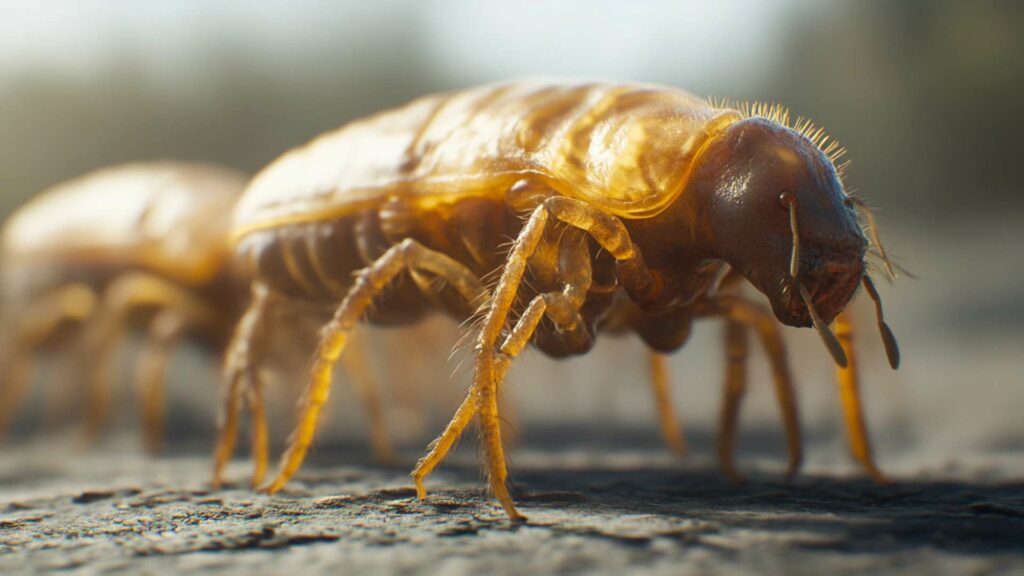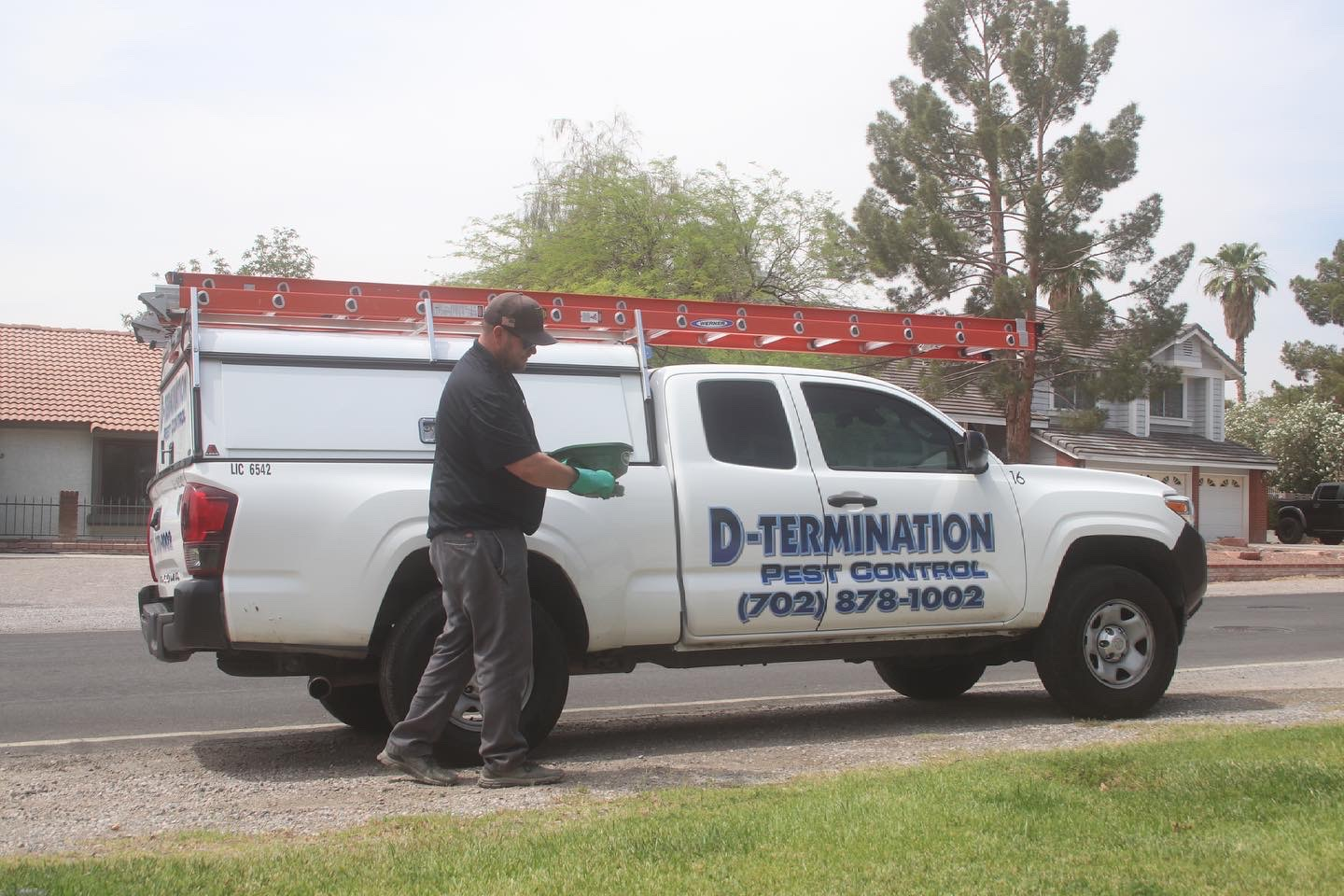The Problem with Mice Infestations in Residential Areas
Have you noticed droppings, gnaw marks, or even heard scratching sounds in the walls of your home? If so, there’s a good chance that you have a mouse infestation.
While mice may seem harmless, they can cause serious health risks and property damage if left unaddressed. Mice are common pests that can enter homes through holes as small as a dime.
They are attracted to indoor spaces because they provide warmth and food sources such as crumbs or open containers of food. Once inside, mice can reproduce quickly and create nests in walls, attics, or basements.
They also leave behind urine and droppings that can contaminate surfaces and cause allergies or disease if not properly cleaned up. It is essential to address mouse infestations promptly to prevent further damage to your property and avoid health risks.
Mice can chew through wiring causing electrical damage or even start fires. Additionally, their constant gnawing on wood and other materials weakens the structure of your home over time.
Moreover, mice are known carriers of diseases such as hantavirus, salmonella, and leptospirosis that can pose serious risks to human health. Therefore it’s crucial for homeowners to take the necessary steps for mouse control before the problem escalates into something bigger leading to more significant expenses in repairs or medical bills from diseases caused by mouse infestations.
Curious about how mice adapt to different environments? Explore the fascinating world of mouse adaptability in our article Mouse Tales: A Look At The Surprising Adaptability Of Mice In Different Environments. Discover their remarkable abilities to thrive in diverse settings and gain insights into their strategies for survival.
Understanding Mice Behavior

Types of Mice Commonly Found in Residential Areas
When it comes to mice infestations in residential areas, the most common type of mouse found is the house mouse. These mice are small and can fit through holes as small as a quarter inch.
They have grayish-brown fur, large ears, and long tails. Wild mice, such as deer mice and white-footed mice, are less common but can still be found in some areas.
Habits and Behaviors that Attract Mice to Homes
Mice are attracted to homes for several reasons. One of the main attractions is food sources.
Crumbs on the floor, unsealed trash cans, and open food containers are all invitations for mice to enter a home. Additionally, if a home has any cracks or holes in the walls or foundation, it provides an easy entry point for mice.
Mice also seek shelter in homes during the winter months and cold weather months or when they need a place to build a nest. Basements that are dry and well-ventilated often make good nesting spots for mice.
Factors That Contribute to Mouse Infestations

One factor that contributes to mouse infestations is poor pest management practices. If homeowners do not take steps to prevent rodents from entering their homes by sealing up entry points or properly disposing of food waste, they are more likely to experience an infestation.
Additionally, if there is new construction, or renovation work being done on neighboring properties, this can disrupt rodent populations and cause them to seek out new nesting sites – including nearby homes. Mouse traps can be used as part of rodent control strategies but prevention is key for disease control when dealing with pests like this one that can transmit diseases through their droppings.
Signs of Mice Infestation
Physical Signs
One of the most obvious physical signs of a mouse infestation is droppings. These small, light brown, pellets can be found in areas where mice are active, such as around food sources or in nesting areas. Another sign is gnaw marks on materials such as wood, plastic, and even metal containers.
Mice have a habit of chewing on things to keep their teeth from getting too long. Nests can also indicate an infestation; these are often made from shredded paper or other nesting materials like insulation and located in hidden spots such as behind appliances or within walls.
It’s important not to ignore these physical signs of mouse activity because they can lead to future infestations and cause damage to your house. If you find any evidence of mice activity, it’s best to act quickly and start taking steps to get rid of them.
Behavioral Signs
Another way to know if you have a mouse problem is by behavioral signs. For example, hearing scratching noises coming from inside walls or ceilings is a clear indicator that mice are present in your home. You may also see mice scurrying across your floor or catching glimpses of them running along baseboards.
Mouse droppings are another behavioral sign that mice have been active in the area recently. In addition, check for grease marks on walls and floors where mice have been rubbing against surfaces as they move through your house.
Be mindful of any physical or behavioral signs that indicate a mouse infestation in your home. Taking steps early on will help prevent future infestations and keep your house rodent-free using humane methods instead of harming the animals unnecessarily with poisons or traps that don’t work well against multiple generations living together over time without consistent pest control efforts being sustained indefinitely lest their numbers increase again quickly due lack thereof management efforts.
Health Risks Associated with Mice Infestations
Diseases transmitted by mice

Mice are known to carry a wide range of diseases that can be transmitted to humans. Some of the most common diseases include Hantavirus, Lymphocytic choriomeningitis (LCMV), Salmonella, and Leptospirosis. These diseases can be contracted through contact with mouse droppings, urine, or saliva.
The symptoms of these diseases can range from mild fever and fatigue to severe respiratory problems and even death. Hantavirus is a particularly dangerous disease that is carried by rodents such as mice and can be contracted through inhalation of dust particles contaminated with rodent urine or droppings.
This disease can lead to Hantavirus Pulmonary Syndrome (HPS), which has a mortality rate of 38%. The best way to prevent these diseases is by maintaining a clean living environment and practicing good hygiene habits.
Allergies caused by mouse droppings and urine

Mouse infestations can also trigger allergies in some people. Mouse droppings and urine contain proteins that can cause allergic reactions such as sneezing, wheezing, and skin rashes in sensitive individuals. In severe cases, exposure to mouse allergens may even lead to asthma attacks.
It is important to limit exposure to mouse allergens by wearing protective gloves when cleaning up mouse droppings or nesting materials. It is also important to thoroughly clean up any traces of mouse droppings using household disinfectants and proper ventilation techniques.
It is crucial for homeowners to recognize the potential health risks associated with mice infestations in residential areas. By taking preventative measures such as rodent control, sealing entry points and maintaining good hygiene habits, homeowners can significantly reduce the risk of exposure to harmful bacteria and allergens associated with mice infestations.
Prevention Methods
Tips for keeping homes clean and clutter-free

Mice love to eat and will go to great lengths to get their paws on food. This is why it’s important to keep your home clean and free of clutter. Make sure to store food waste in tightly sealed trash cans, clean up any spills or crumbs immediately, and securely store pet food in airtight containers.
Don’t forget about the little things like crumbs on the floor or dirty dishes in the sink – these can also attract mice. Another important step is to declutter your home.
A cluttered home offers more hiding places for mice and gives them more opportunities to chew holes through walls cardboard boxes or furniture. Keep areas like basements dry and clear of boxes or piles of things that could provide shelter for wild mice.
Sealing entry points to prevent mice from entering the home
Mice and rats can fit through incredibly small spaces, so it’s important to seal any potential entry points into your home. Gaps around doors or windows should be sealed with weather stripping or caulking, while larger holes can be filled with steel wool (which is too tough for mice teeth). Look for rub marks along walls which could indicate possible entry points.
Don’t forget about pets – they can inadvertently provide access points for pests if they have chewed on doors or other household items. Inspect your home regularly and make repairs as necessary.
Use of traps, baits, and other control methods

If you already have a pest infestation, there are several effective control methods available. Traps come in various types including snap traps (which kill the mouse) and live traps (which allow you to release the mouse elsewhere).
Bait stations are another option which use poison baits that rodents eat but do not immediately die from; these baits require careful handling and should be kept away from pets or children. It’s important to use caution and follow instructions when using any pest control method.
When in doubt, it’s best to consult a professional pest control service. By taking proactive steps to prevent mice from entering your home, you can avoid the need for costly and potentially dangerous rodent control measures.
Professional Help for Mouse Infestations
When to Seek Professional Help for Severe Infestations

While there are many methods of controlling and preventing mice infestations in residential areas, there are some cases where the problem becomes too severe for homeowners to handle on their own. In such cases, it is best to seek professional help from a pest management company with experience in controlling rodents. If you notice a large number of mice running around your home and causing damage, or if you have tried several DIY methods without much success or dead mice, then it may be time to call in the experts.
Mice can reproduce quickly, so even a small infestation can turn into a big problem if left untreated. Additionally, many of the diseases carried by mice can pose serious health hazards to humans and animals living in the home.
Types of Services Offered by Pest Control Companies
Pest control companies offer a variety of services that can help eliminate mouse infestations in residential areas. Some of these services include exclusion techniques such as sealing entry points and installing door sweeps to prevent easy access for rodents.
They may also use traps or baits specifically designed to target house mice and other common rodent species. Some pest control companies also offer ongoing maintenance plans that focus on preventing future infestations rather than just eliminating current ones.
These plans may include regular inspections and treatments for mouse problems, as well as advice on how homeowners can make their homes less attractive to mice in the first place. While DIY methods for controlling mice infestations may work for small problems, severe or recurring infestations require professional help from experienced pest management companies who have the knowledge and tools necessary to get rid of rodents safely and effectively.
Conclusion
Mouse infestations are a common problem that many homeowners face, but it’s important to take proactive measures to prevent them. Keeping homes clean and clutter-free is one of the most effective ways to prevent mice from taking up residence in your space. This includes storing food in glass or metal containers, keeping kitchen cabinets clean, and avoiding leaving out pet food overnight.
Additionally, sealing entry points such as small holes and damaged screens with door sweeps can help keep mice from entering the house. If you do find yourself dealing with a mouse infestation, there are several options for getting rid of them.
Rodent control services can provide effective solutions for severe infestations, while glue traps and other control methods can be used for smaller problems. It’s important to address the issue as soon as possible to prevent further damage from chew holes and grease marks left by the animals.
While mice infestations can be a frustrating and unpleasant problem to deal with, there are many steps that homeowners can take to prevent them from occurring in the first place. By staying vigilant about cleaning and maintenance around the house, sealing entry points and exterior doors, and seeking professional help when needed, you can keep your space free of unwanted pests all year round.
D-Termination: Las Vegas’ Premier Pest Control for Rat and Mouse Elimination

Are you tired of dealing with rats and mice in your Las Vegas property? Look no further than D-Termination for the perfect solution. Our expert team specializes in eradicating these troublesome rodents, restoring peace to your space. Choose D-Termination today for effective pest control and say farewell to rat and mouse problems!
Contact us at 702-919-6310 or visit dtermination.com to book your rodent control service and reclaim your space from unwanted guests.
Frequently Asked Questions:
To address a major mouse infestation, it is advisable to combine strategies such as sealing entry points, setting traps, using rodenticides, and maintaining cleanliness.
The presence of numerous mice in a house is generally considered an infestation, but the specific number can vary depending on the context and severity.
A bad mouse infestation is characterized by a large population of mice, extensive property damage, frequent sightings, and noticeable signs of their presence, such as droppings and gnaw marks.
Mouse infestations typically do not go away on their own and require active intervention to eliminate the mice and prevent further infestations.
If you found this article enjoyable, you might also find interest in the following recommended articles:
Mice In The Workplace: How To Keep Your Commercial Building Rodent-Free








